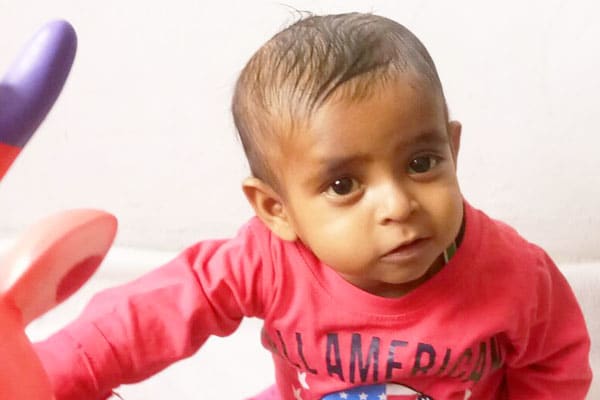NEW DELHI: Questioning the legality of a Kerala high court decision annulling the marriage of
Hadiya nee Akhila to
Shafin Jahan on a petition by her father, the
Supreme Court on Thursday asked whether a court had the power to scrap a marriage between consenting adults on the ground it was not in their best interest.
After interacting with Hadiya, the
SC had released her from parental custody and granted her freedom to pursue her studies and lead a life of her choice. But her father, through senior advocate Shaym Divan, defended the HC decision to annul the marriage and said the court had taken a judicious decision after getting to know the ground reality.
Divan said, “There is a well-designed activity by extremist groups to use religious ideological indoctrination to brainwash young girls into marriage after conversion. They then traffic the women so recruited abroad for sexual comfort of jihadi elements and for rearing future generation of extremists. Hadiya is not an isolated incident. As many as 21 youths from Kerala have been recruited. The HC understood the larger design and annulled the marriage acting as parens patriae (guardian). The HC had also interacted with the girl many times. Marriage is being used as a tool to keep the girls outside the ambit of court’s jurisdiction.”
But a bench of CJI Dipak Misra and Justices A M Khanwilkar and D Y Chandrachud appeared far from convinced and said, “What is worrying us about this submission is... can courts decide what is in the best interest of two adults who intend to get married? Mental vulnerability of an adult is a subjective issue. Can courts of law deal with such an issue and decide whether a marriage is good for one or not? There cannot be a roving inquiry on marriage of two consenting adults.”
Divan said it would be desirable that the SC heard the outcome of the investigation done by the
NIA into the possibility of ‘love jihad’ being used as a tool to marry young women after conversion. Additional solicitor general Maninder Singh told the court that if required, the NIA would file an affidavit. Shafin Jahan’s counsel Kapil Sibal said, “What is being loosely talked about outside should not creep into judicial proceedings in a courtroom.”
Referring to Divan’s argument about involvement of extremist groups in trafficking women out of India after marriage effected through indoctrination, the bench said, “If the government has credible information that a group of people recruited for extremism are being trafficked abroad, it has sufficient powers to stop them. Right to travel abroad can be regulated.
“What we are concerned with is the consent to marriage. Will the courts not overstretch its jurisdiction if they enter into the arena of judging the rights and wrongs of consent to marriage? Can courts say according to us this consent to marriage is not in the best interest of the person? Whether or not it is in the best interest, it is for the consenting adults to decide. We cannot annul marriage on that ground. We cannot stand in the way of government taking action to stop girls from being taken abroad for purposes other than legal.”
Social activist Rahul Easwar, who had supported Hadiya and had interviewed her, got the wrong end of the stick from Hadiya in her latest affidavit before the SC. His counsel V K Biju insisted with the bench that he would file a reply affidavit. But the matter was resolved after Hadiya’s counsel agreed to delete references to Easwar from her affidavit. The SC posted the matter for detailed hearing on March 8.
 SC had released Hadiya from parental custody and granted her freedom to pursue her studies and lead a life of her choice
SC had released Hadiya from parental custody and granted her freedom to pursue her studies and lead a life of her choice















All Comments ()+^ Back to Top
Refrain from posting comments that are obscene, defamatory or inflammatory, and do not indulge in personal attacks, name calling or inciting hatred against any community. Help us delete comments that do not follow these guidelines by marking them offensive. Let's work together to keep the conversation civil.
HIDE